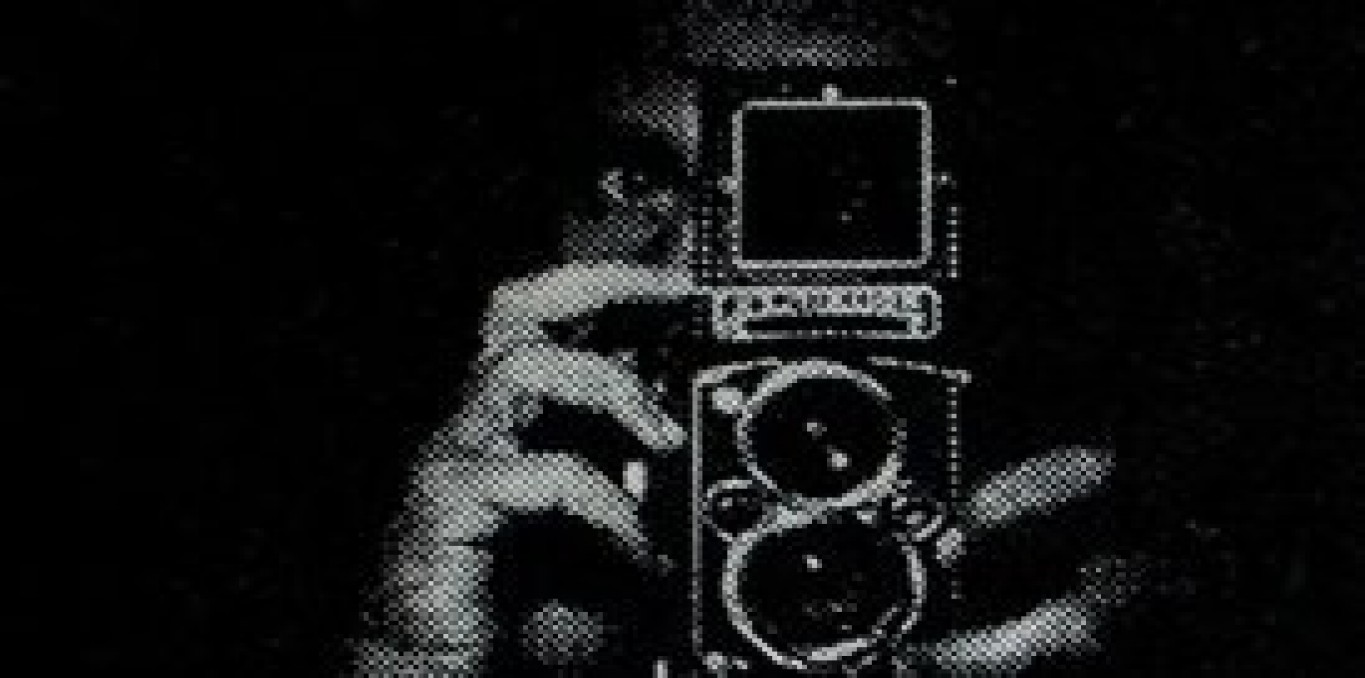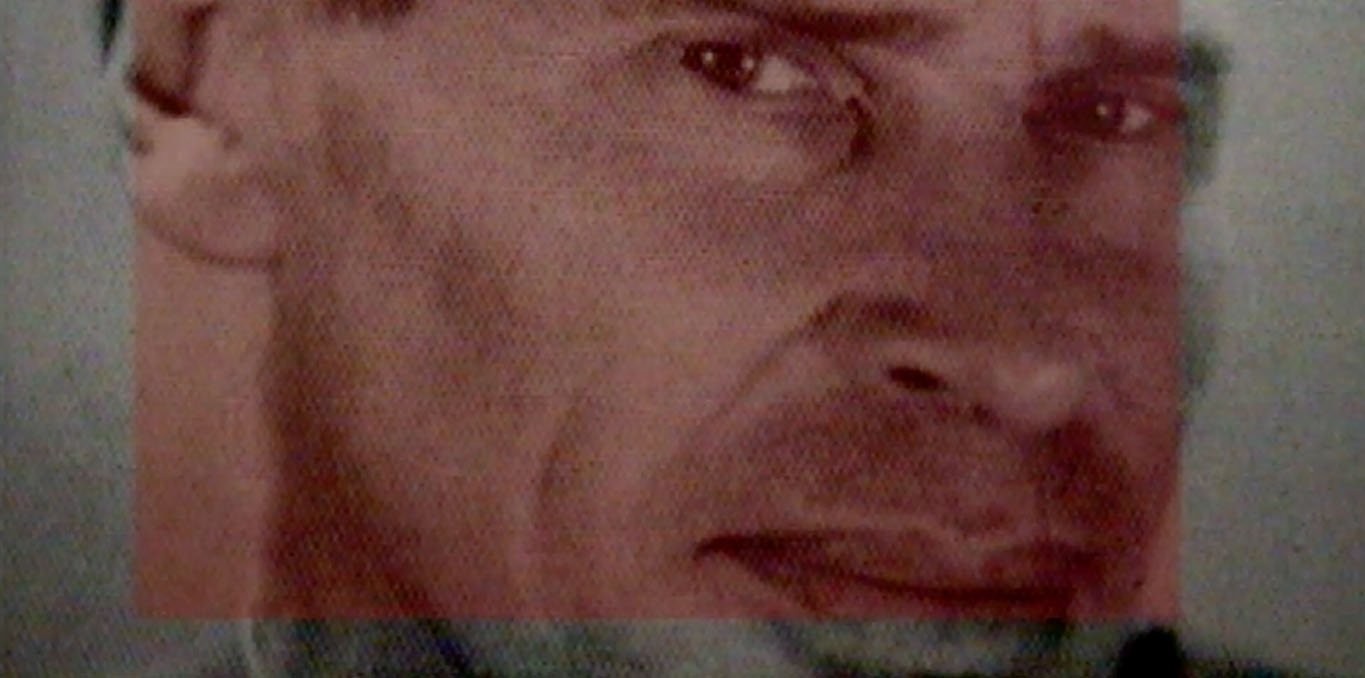Chris Marker

Chris Marker was born in 1921 in Neuilly, France. He began studying philosophy, but his studies were soon interrupted by the world conflict. After the war, he worked for Peuple et Culture, began to write for the magazine Esprit and directed his first films, including Letter from Siberia, which made him more widely known. Writer, photographer, filmmaker and finally multimedia artist, Chris Marker is the author of a protean and innovative work. His taste for experimentation burst out in La Jetée (1962), a short film of anticipation announcing his favorite themes: time, memory and the power of images. The same year, he shot The Lovely Month of May, in the streets of Paris, in the spirit of direct cinema. The seventies were marked by committed films, the most famous of which, A Grin Without A Cat (1977), was a review of the social and political movements of the sixties all around the world. In this political furrow, he explores the links between individual memory and history in Sans Soleil (1983) and then in posthumous tributes such as The Last Bolshevik (1993). In the 1990s, most often in collaboration with the Centre Pompidou in Paris, he designed several installations that explored the boundaries between the real and the imaginary. He passed away in Paris in the summer of 2012, and will remain a reference point for contemporary filmmakers.
Related to this realisator

The Last Bolshevik
Based on the life and work of the Russian film director Alexander Medvedkin (1900-1989), \_The Last Bolshevik\_ is a tribute from one filmmaker to another. An archeological expedition into film history that reveals new cinematic treasures, the film prompts a reflection on the relation between art and politics in the former Soviet Union.

Far from Vietnam
In 1967, Alain Resnais, William Klein, Joris Ivens, Agnès Varda, Claude Lelouch, Jean-Luc Godard, and Chris Marker co-directed this film to express their solidarity with the struggle of the Vietnamese people. Each offers a distinct and personal perspective on this conflict, set against a backdrop of international public anger and mobilization.

La jetée
On the Orly pier, a child is struck by the face of a woman who watches a man die. Later, after World War III which has destroyed Paris, the survivors take refuge in the underground passages of Chaillot, where technicians experiment with time travel. Time itself becomes the sole means to survive in this new world. Only the future and the past can save the present …

The Embassy
Fragments of Super 8 films found in an embassy show political refugees organizing their lives in transit in this asylum territory, after a military coup in an unknown country.

The Last Bolshevik
Based on the life and work of the Russian film director Alexander Medvedkin (1900-1989), _The Last Bolshevik_ is a tribute from one filmmaker to another. An archeological expedition into film history that reveals new cinematic treasures, the film prompts a reflection on the relation between art and politics in the former Soviet Union.

Letter from Siberia
In this film-essay, a traveller takes a journey through the vast and mysterious territory of Siberia, recording his observations on its people and places, wildlife and culture.

Sunday in Peking
Chris Marker recounts his childhood dream of visiting the city of Beijing, which he could only admire through books. The viewer is then taken on a journey to the heart of the city, as if experiencing it from the director's brain and eyes.

Sans soleil
This experimental film by acclaimed French director Chris Marker collects footage recorded in various countries around the world and presents it in collage-like form. The movie features no synchronized sound, but instead ties the various segments together with music and voice-over narration, which ponders the topics such as memory, technology and society. As the scenes shift, locations range fr...

If I Had Four Dromedaries
“With his four dromedaries, Don Pedro d'Alfaroubeira roamed the world and admired it. He did what I would like to do if I had four dromedaries too.” An amateur photographer and two of his friends discuss pictures taken all over the world. This film is entirely made up of a rostrum sequence using still photos taken in twenty-six countries between 1955 and 1965.

A Grin Without a Cat
Attendu comme le « film documentaire des années 1970 », "Le Fond de l’air est rouge" cherche à produire la synthèse lucide des efforts et des espoirs de la « nouvelle gauche », celle qui tentait d’échapper à l’autorité du communisme soviétique et de l’internationale communiste. De la guerre du Vietnam à la mort du Che, de Lénine à Mao, de Mai 68 au printemps de Prague, du Watergate au coup d’Et...

The Loneliness of the Long Distance Singer
The Loneliness of the Long Distance Singer
In February 1974, Yves Montand decides to sing at the Olympia for Chilean refugees in France. He has not performed live since 1968 and has only twelve days to get ready. Montand moves to his home in Auteuil with his pianist and 30-year-old sidekick, Bob Castella.

The Last Bolshevik
Based on the life and work of the Russian film director Alexander Medvedkin (1900-1989), \_The Last Bolshevik\_ is a tribute from one filmmaker to another. An archeological expedition into film history that reveals new cinematic treasures, the film prompts a reflection on the relation between art and politics in the former Soviet Union.

Far from Vietnam
In 1967, Alain Resnais, William Klein, Joris Ivens, Agnès Varda, Claude Lelouch, Jean-Luc Godard, and Chris Marker co-directed this film to express their solidarity with the struggle of the Vietnamese people. Each offers a distinct and personal perspective on this conflict, set against a backdrop of international public anger and mobilization.

La jetée
On the Orly pier, a child is struck by the face of a woman who watches a man die. Later, after World War III which has destroyed Paris, the survivors take refuge in the underground passages of Chaillot, where technicians experiment with time travel. Time itself becomes the sole means to survive in this new world. Only the future and the past can save the present …

The Embassy
Fragments of Super 8 films found in an embassy show political refugees organizing their lives in transit in this asylum territory, after a military coup in an unknown country.

The Last Bolshevik
Based on the life and work of the Russian film director Alexander Medvedkin (1900-1989), _The Last Bolshevik_ is a tribute from one filmmaker to another. An archeological expedition into film history that reveals new cinematic treasures, the film prompts a reflection on the relation between art and politics in the former Soviet Union.

Letter from Siberia
In this film-essay, a traveller takes a journey through the vast and mysterious territory of Siberia, recording his observations on its people and places, wildlife and culture.

Sunday in Peking
Chris Marker recounts his childhood dream of visiting the city of Beijing, which he could only admire through books. The viewer is then taken on a journey to the heart of the city, as if experiencing it from the director's brain and eyes.

Sans soleil
This experimental film by acclaimed French director Chris Marker collects footage recorded in various countries around the world and presents it in collage-like form. The movie features no synchronized sound, but instead ties the various segments together with music and voice-over narration, which ponders the topics such as memory, technology and society. As the scenes shift, locations range fr...

If I Had Four Dromedaries
“With his four dromedaries, Don Pedro d'Alfaroubeira roamed the world and admired it. He did what I would like to do if I had four dromedaries too.” An amateur photographer and two of his friends discuss pictures taken all over the world. This film is entirely made up of a rostrum sequence using still photos taken in twenty-six countries between 1955 and 1965.

A Grin Without a Cat
Attendu comme le « film documentaire des années 1970 », "Le Fond de l’air est rouge" cherche à produire la synthèse lucide des efforts et des espoirs de la « nouvelle gauche », celle qui tentait d’échapper à l’autorité du communisme soviétique et de l’internationale communiste. De la guerre du Vietnam à la mort du Che, de Lénine à Mao, de Mai 68 au printemps de Prague, du Watergate au coup d’Et...

The Loneliness of the Long Distance Singer
The Loneliness of the Long Distance Singer
In February 1974, Yves Montand decides to sing at the Olympia for Chilean refugees in France. He has not performed live since 1968 and has only twelve days to get ready. Montand moves to his home in Auteuil with his pianist and 30-year-old sidekick, Bob Castella.
